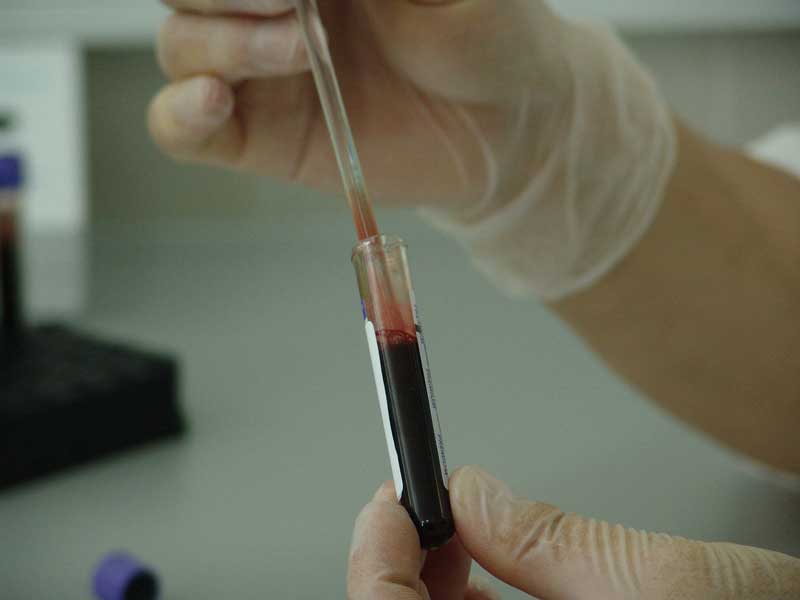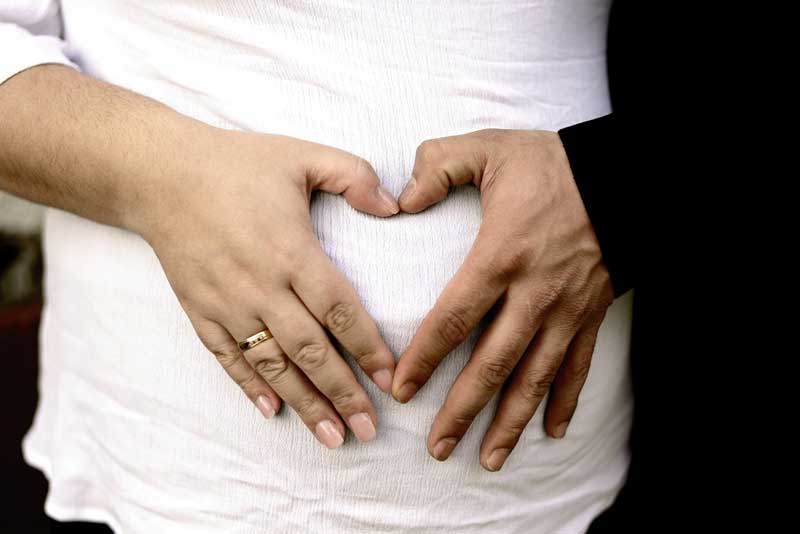What is the immunization is the act of protecting oneself from infections by exposure to those agents that cause that particular infection. A vaccine injected into a person helps him develop resistance to that particular disease. Immunization helps in effectively preventing various childhood diseases like diphtheria, tetanus, pertussis, poliomyelitis, chicken pox, smallpox, measles, etc.
How does immunization work?
In the process of what is the immunization, a weakened or dead pathogen of a particular disease is injected into a person’s body. Since the pathogen is either weak or dead it cannot cause the disease. It is further treated to eliminate the possibility of an infection completely. But the body identifies the pathogen as a potential threat of contracting the disease and starts producing antibodies to counter the disease. These antibodies are not used but stored in the body For more informative blogs visit Ideal Writer.
What Is The Immunization
If the body ever comes into contact with these pathogens in the future the risk of contracting the disease is minimized or ruled out because the body is adequately protected through what is the immunization. In short, immunization stimulates the body’s immune system to protect the body against ensuing infections through the one-time introduction of pathogens.
Types of immunization
There are two types of immunizations – passive and active
- In passive what is the immunization, the previously prepared antibody is injected into the body. This method is not very effective for long-term protection because the antibodies do not get stored in the body. This type of immunization is done if quick results are expected. For e.g., if there has been an outbreak of some epidemic passive immunization will help
- In active immunization weakened or dead antigen is injected into the body. It stimulates the production of antibodies which get stored in the body. The body then is adequately armed against future infections. This is a slow and steady process and does not work if an instant response is needed
Importance of immunization
- Immunization has succeeded in reducing the mortality rate in children. The earlier mortality rate was high because children had no protection against life-taking deadly diseases. what is the immunization has therefore succeeded in keeping deadly diseases at bay
- Children are protected against crippling diseases like polio and they grow up as healthy human beings. Their growth is not stunted
- Reduction in the mortality rate has led to a reduction in the birth rate. Immunization consequently has had a positive impact on the world population
Advantages of immunization
- Expenditure on health in the family has reduced with people realizing that prevention is better than cure. Therefore people have more money to spend on themselves leading to the betterment of their living standards
- Statistics show that immunization averts at least 2 million deaths a year
- Immunization is very cost-effective and yields positive results
- Target groups for a specific Immunization are previously defined. That makes it is easier to reach out to them
- The process of what is the immunization is simple and cheap. That has made it available even to the most deprived lot of society. With immunization, the government has been able to address their health issues also
- And the best part of immunization is that you do not have to make any kind of lifestyle change




